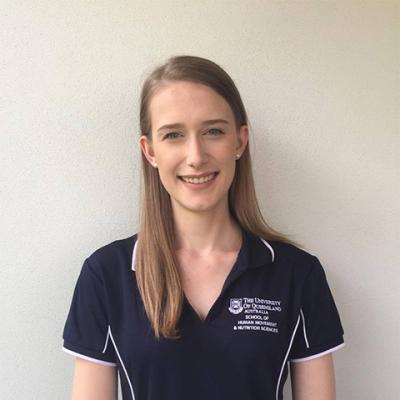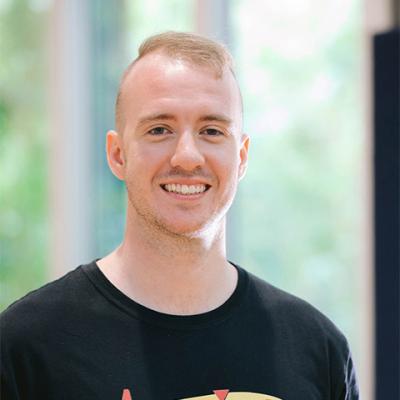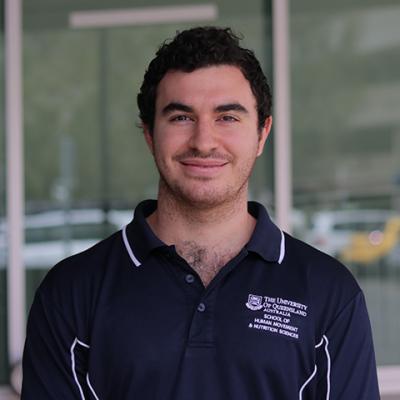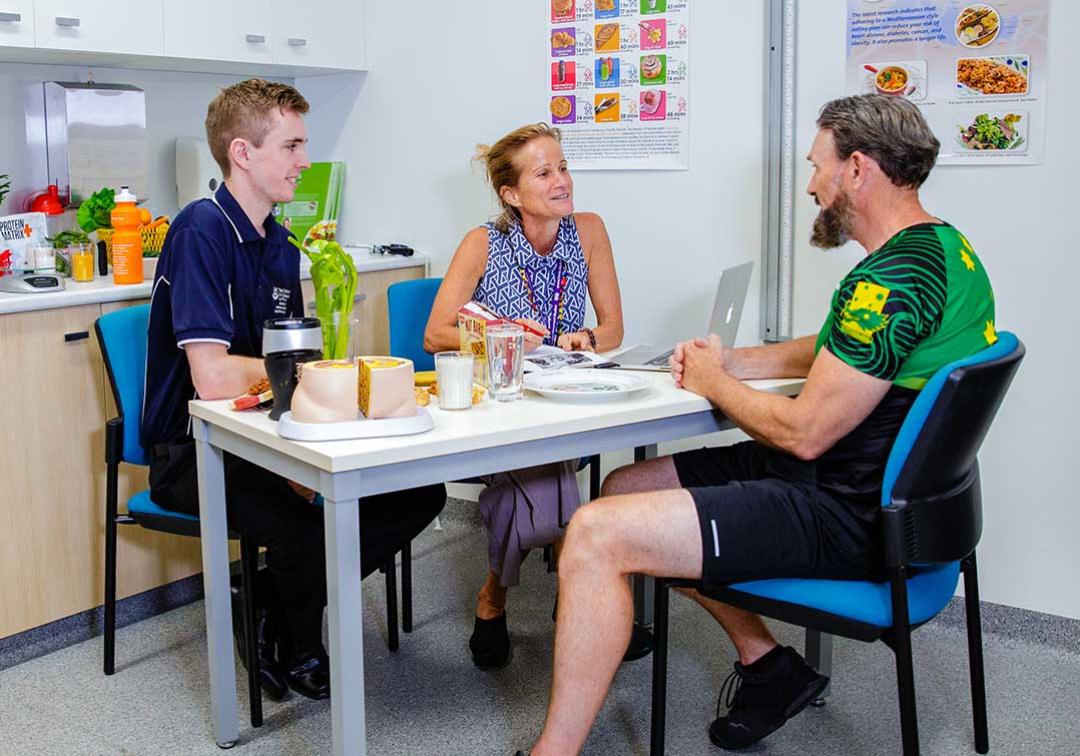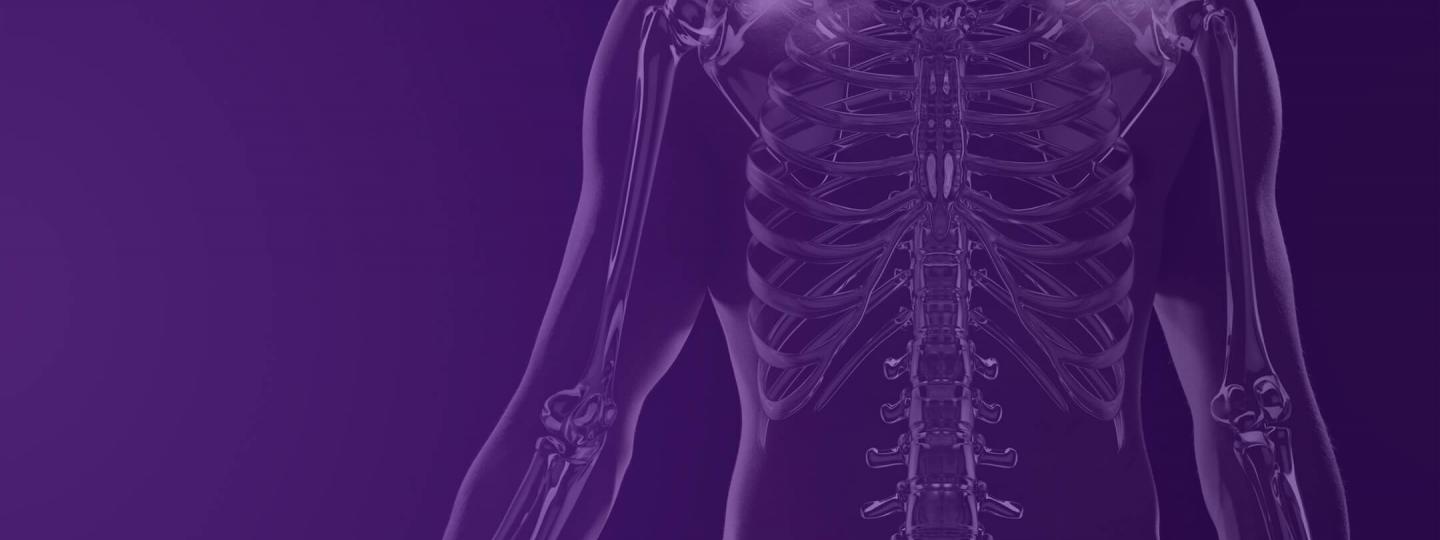
Master of Dietetics Studies
Overview
Gain a deeper understanding of nutrition to become an Accredited Practising Dietitian and positively impact health and wellbeing.
During this 2-year full-time program, you'll gain extensive knowledge of the art and science of nutrition and dietetics and its role in the treatment of conditions including diabetes, heart disease, obesity, malnutrition, gut disorders and allergies and intolerances.
You'll also develop the practical skills required to help people understand food and health relationships – enabling them to make better food choices to support healthier living.
You'll undertake approximately 850 hours of supervised practice in hospitals, community centres, aged care facilities, the food industry and other organisations. This provides you with the opportunity to apply your theoretical knowledge to practice and develop your clinical reasoning and decision-making skills in real-life settings.
On campus, you'll gain practical, hands-on experience in our modern dietetics demonstration space and in our student-led clinic. Here, you'll practice applying your medical nutrition theory with real clients and help design and deliver various nutrition education opportunities, including community cooking demonstrations.
In your final year, if research is your passion, you’ll have the opportunity to pursue an innovative project alongside leading Australian dietetic researchers with national and international impact. You'll also have the potential to contribute to published scientific literature.
This program will prepare you for eligibility as an Accredited Practising Dietitian with Dietitians Australia (DA).
Program highlights
- Be confident and job-ready with 850 hours of fully supervised clinical/industry placement and practical experience in our on-campus dietetics clinics.
- Learn theory at the same time as gaining hands-on, practical experience from your first semester.
- Choose to complete a research project and build the foundations of your professional reputation.
- Be in high demand with employers in the rapidly growing nutrition sector through your in-depth knowledge and practical skills.
How you'll learn
Your learning experiences are designed to best suit the learning outcomes of the courses you choose.
- Tutorials
- Work placements
- Research experience
- Workshops
What you'll study
At UQ, degrees are called 'programs' and subjects are called 'courses'. Here's a sample of the courses you could study in this program:
- Medical Nutrition Therapy and Professional Practice 1
- Interviewing and Counselling for Dietetics Practice
- Management and Leadership for Dietetics Professionals
- Evidence Based Practice in Dietetics
Dual programs
Double your skills and your opportunities with a dual degree. You can study the Master of Dietetics Studies as a part of these dual programs:
Career possibilities
Postgraduate study can take you anywhere. Here are some of the careers you could be on your way to:
- Dietitian
- Clinical dietitian
- Community dietitian
- Food industry dietitian
- Food service dietitian
- Private practice dietitian
- Public health dietitian
- Researcher
- Sports dietitian
Professional memberships
When you graduate, you may be eligible for memberships with the following professional organisations. Contact the organisation to find out how to become a member.
- Dietitians Association of Australia
- Nutrition Society of Australia
- Public Health Association of Australia
- Sports Dietitians Australia (Associate Member)
Program accreditation
The Master of Dietetics Studies is accredited by:
- Dietitians Australia
Events
See all events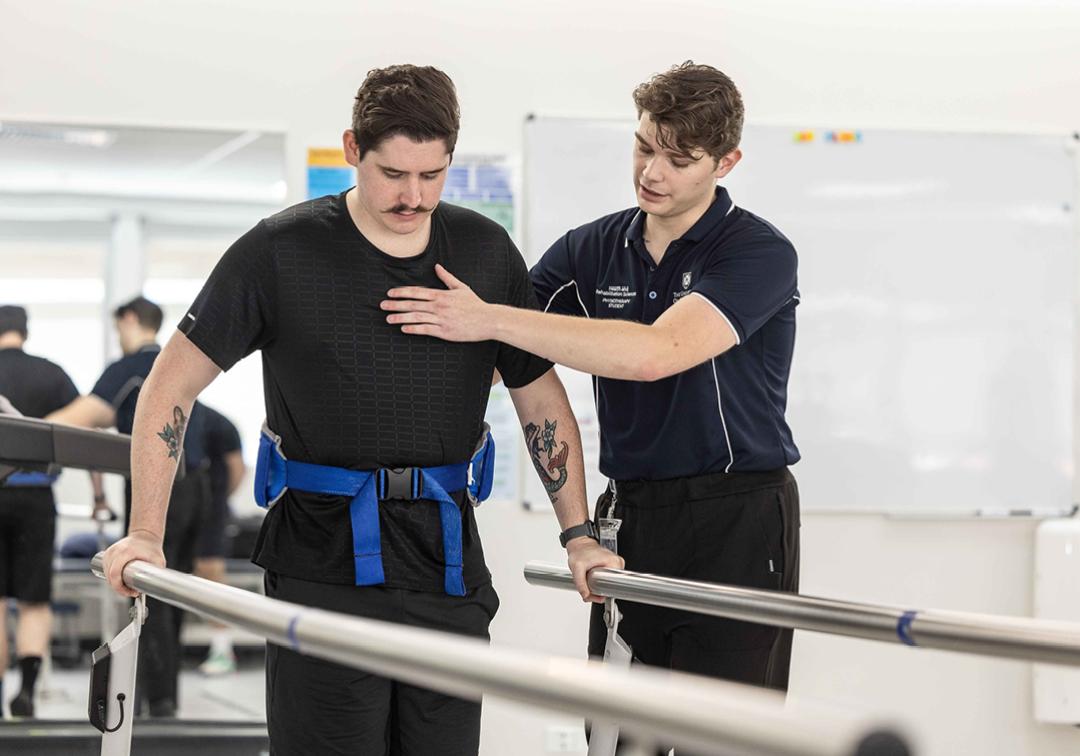
9 June
Master of Physiotherapy information webinar
Stories
See all stories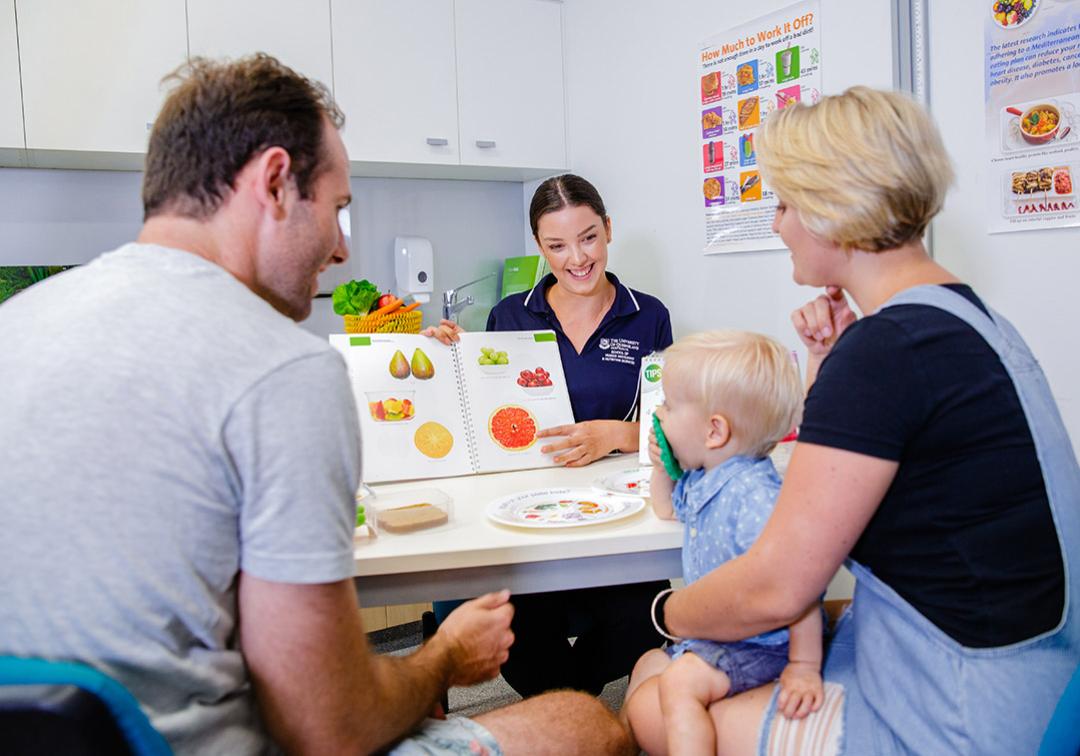
Careers
Career opportunities in nutrition and dietetics
4-minute read
Stories
See all stories
Careers
Career opportunities in nutrition and dietetics
4-minute read
Entry requirements
Entry requirements
To be eligible for entry, you'll need:
English language requirements
IELTS overall 7; reading 7; writing 7; speaking 7; listening 7. For other English Language Proficiency Tests and Scores approved for UQ
TOEFL iBT (including Paper Edition) - Overall 100, listening 25, reading 25, writing 27, speaking 23.
PTE Academic - Overall 72, sub bands minimum 72.
CES - Overall 185, All sub bands minimum 185.
BE and OET are not accepted.
There are other ways to meet the English language requirements. For some programs, additional conditions apply.
Inherent requirements
To complete this degree, you have to meet its inherent requirements by demonstrating essential skills and attributes. Read the inherent requirements before you apply.
Student visas
International students who are accepted into full-time study in the Master of Dietetics Studies are eligible to apply for an Australian student visa (subclass 500).
There are a number of requirements you must satisfy before a visa is granted, including the Genuine Student (GS) requirement.
Need help meeting the entry requirements?
Additional application information
Additional application information
Fees and Scholarships
Indicative annual fee
Approximate yearly cost of tuition (16 units). Your fees will vary according to your selected courses and study load. Fees are reviewed each year and may increase.
$9,540
2026
Approximate yearly cost of full-time tuition (16 units). Your fees will vary according to your study load. Fees are reviewed each year and may increase.
AUD $58,056
2026
Additional costs
- Annual CPR re-certification (approximately $80 per year)
- Students are expected to fund travel and living expenses associated with placements, some of which may be outside the Brisbane metropolitan area.
- First Aid Certificate (including CPR) (approximately $130 renewed every 3 years)
- Costs for vaccinations and serology are the responsibility of the student and will vary based on individual and program requirements.
Government assistance
Financial aid
As an international student, you might be eligible for financial aid – either from your home country, or from the Australian Government.
HECS-HELP
Domestic places in the Master of Dietetics Studies are Commonwealth supported, as long as you meet all Commonwealth supported place eligibility requirements.
This means the cost of your education is shared between you and the Australian Government. Instead of tuition fees, Commonwealth supported students pay what are called student contribution amounts.
If you have a Commonwealth supported place, you may also be eligible for HECS-HELP. This is an Australian Government loan scheme to assist eligible students with the cost of their student contribution amounts.
Centrelink support
The Australian Government offers a number of income-support payments to eligible Australian university students.
Scholarships
You may be eligible for more than 100 scholarships, including:
How to apply
Applying online
All international applications should be submitted to UQ. If you prefer, you can use an approved UQ agent near you.
The program code for the Master of Dietetics Studies is 5768.
Applying online
All domestic applications should be submitted to UQ.
The program code for the Master of Dietetics Studies is 5768.
Important dates
The closing date for this program is:
- To commence study in Semester 1 - October 31 of the previous year.
Visa processing times vary. Apply and accept your offer as early as you can.
To learn more about UQ dates, including semester start dates, view the Academic Calendar.
Important dates
The closing date for this program is:
- To commence study in Semester 1 - October 31 of the previous year.
To learn more about UQ dates, including semester start dates, view the Academic Calendar.
Aboriginal and Torres Strait Islander applicants
For support with applying – or if you have any questions about university life – get in touch with our Aboriginal and Torres Strait Islander Studies (ATSIS) Unit.
Explore other programs
Express yourself. And your interest.
They say choosing a degree is hard, which is why we've made it easy. Register your interest and we'll send you everything you need to know about applying to UQ.



